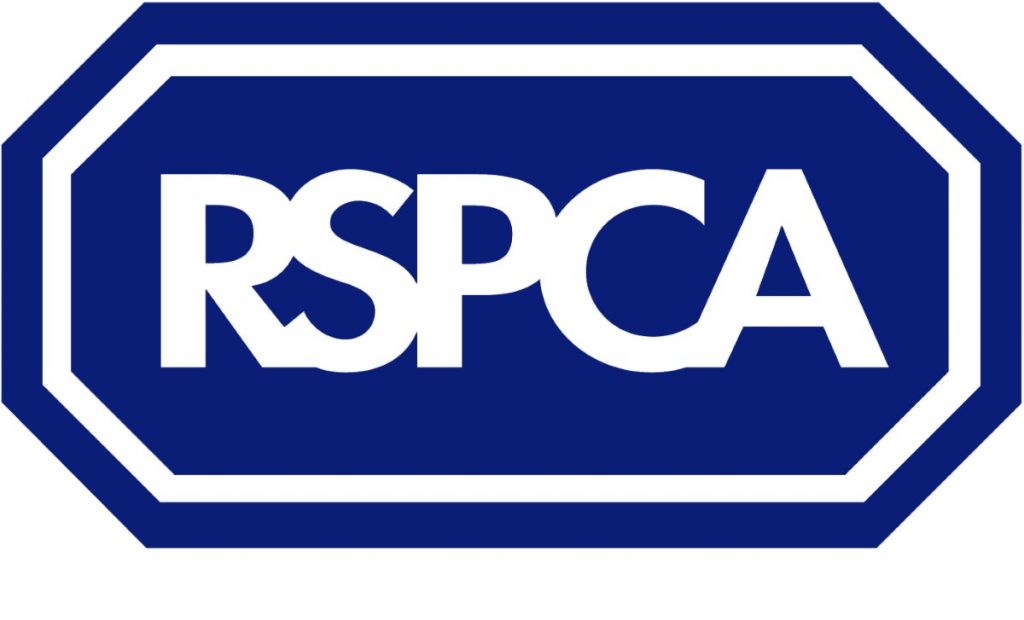Government must do more to protect animal welfare
This week the RSPCA hosted an animal welfare debate with leading animal welfarists and members of parliament at the site of the charity’s very first meeting back in 1824.
The panel was chaired by RSPCA’s head of Public Affairs and included the shadow animal welfare minister, the Parliamentary under secretary of state for DEFRA, the president of the Born Free Foundation and the founding member of the government’s Farm Animal Welfare Council.
At the event, Lord De Mauley (Parliamentary under secretary of state DEFRA) praised the contribution the RSPCA has made to animal welfare since its inception in the very same spot almost 200 years earlier. He said, "A huge congratulations to the RSPCA for 190 years of doing the right thing and achieving so much."
"The big challenges are tackling irresponsible behaviour, increasing education and how best to deal with people making demands on finite resources," he added.
Alongside a panel discussion about the challenges facing the animal welfare sector, voting was also held to decide the issues most affecting animals today and, ultimately, whose responsibility it is to improve the lives of animals across the country.
Who is responsible for animal welfare?
After listening to the debate, forty percent of those present thought the Government bore the most responsibility for animal welfare, with the general public pulling 30 percent of the votes and those who make money from animals (such as farmers, retailers and breeders) taking 21 percent.
Surprisingly, only nine percent of people thought the RSPCA and other animal welfare charities were the ‘most responsible’ for animal welfare, showing a disconnect between public expectation of the charitable sector and the ‘power’ they actually hold to change law.
However, the vital role the RSPCA plays in fighting for better lives for all animals was acknowledged by the panel, with Angela Smith MP (shadow animal welfare minister) saying:
"We are all responsible for animal welfare, but the RSPCA and the Government do bear the responsibility for helping to deliver the kind of animal welfare we hope to see in this country. It is a dual role.
"The RSPCA's recent campaign on the badger cull illustrates how charities do change people's attitudes in the long term. We should not allow any polarising of political views to get in the way of this."
The panel and invited guests also voted on the animal welfare issue they would most like to see resolved by the time the RSPCA celebrates its 200th anniversary in 2024.
Better alternatives to the use of animals in research came top of the poll, with 45 percent of voters making it their primary concern. Tougher regulations for animal breeders came in second with 29 per cent of the votes, followed closely by an end to hunting animals for sport,with 16 per cent..
Bringing abusers to justice is “most important” say public
The RSPCA also wanted to hear the views of the general public, and so launched an online survey to coincide with the debate.
The poll, of more than 7,500 people across the UK, highlighted the fact that the public and the decision makers share similar concerns on some issues.
The call for ‘better alternatives to the use of animals in research’ also ranked as the highest concern among the public with 25 per cent of the votes, and stricter rules on animal breeders also taking the second spot with 19 per cent..
The poll also showed that the public think investigating people who abuse animals and bringing them to justice is the most important aspect of the RSPCA’s work. Thirty three percent of respondents ranked it as the ‘most important’ aspect of its work, followed by ‘rescuing animals’ at 32.5 per cent. Campaigning for better welfare for animals also ranked highly with 11.5 percent of the votes.
This comes as the charity published its Prosecutions Annual Report on Wednesday (18 June) which documents a shocking catalogue of deliberate cruelty and neglect.The latest figures showed complaints of cruelty investigated by the RSPCA rose from 150,833 in 2012 to 153,770.
For more information, stats and images please contact the national press office on 0300 123 0244
RSPCA, Wilberforce Way, Southwater, Horsham, West Sussex RH13 9RS
Press office direct lines: 0300 123 0244/0288 Fax: 0303 123 0099
Duty press officer (evenings and weekends) Tel 07825 158490
Email: press@rspca.org.uk Website: www.rspca.org.uk
Show you care for animals during RSPCA Week this year and donate – text HELP to 78866 to donate £3 (texts cost £3 plus standard network rate)
Royal Society for the Prevention of Cruelty to Animals registered charity no: 219099 Registered office: RSPCA, Wilberforce Way, Southwater, Horsham, West Sussex, RH13 9RS





-01.png)